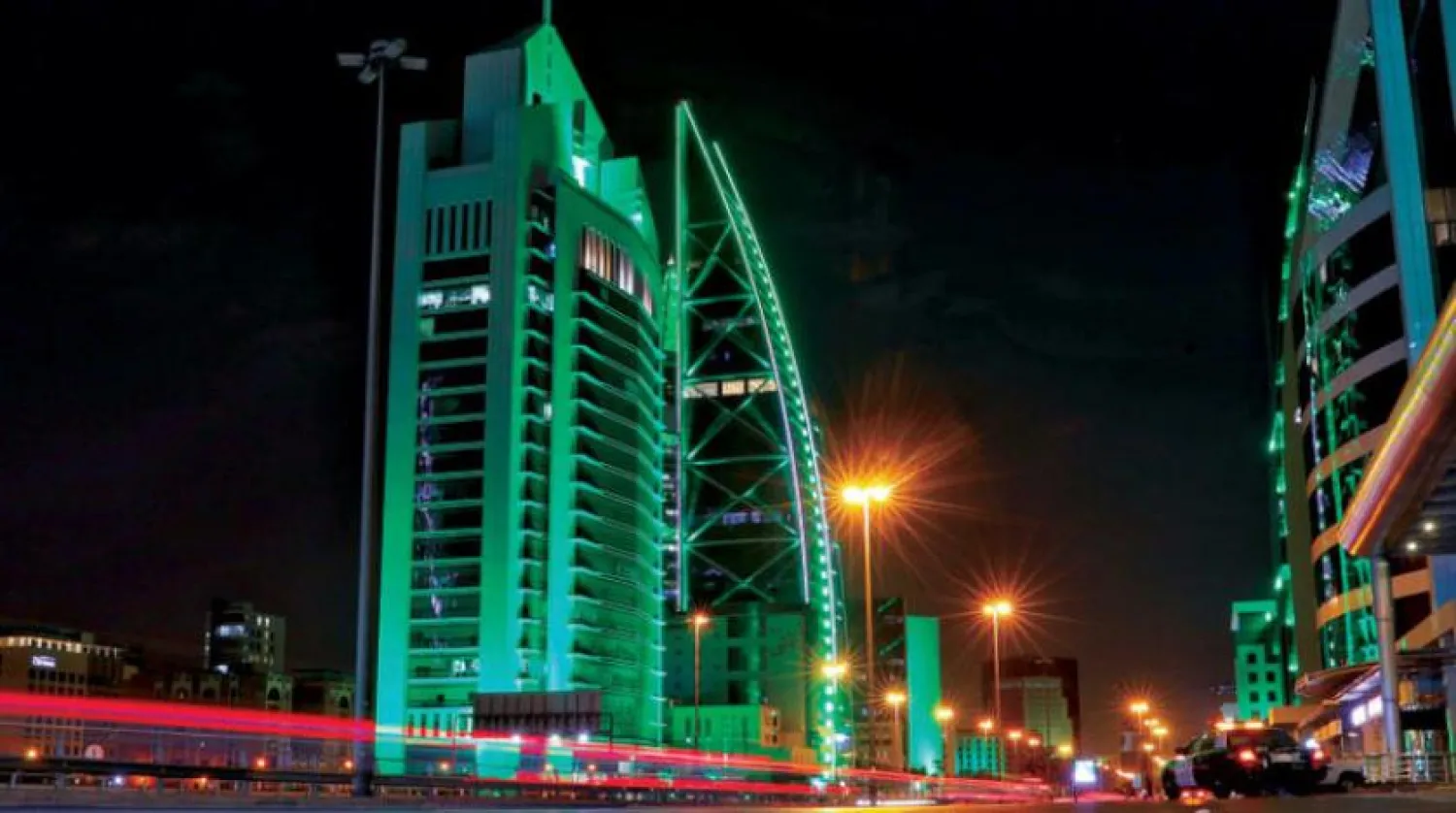Saudi officials said on Thursday that the Kingdom was able to reach tangible development levels with the implementation of Saudi Vision 2030, emphasizing success in consolidating the role of the private sector as a major pillar in the country’s economic development project.
Saudi Ambassador to Sudan Ali bin Hassan Jafar told Asharq Al-Awsat that despite the challenges imposed by the Covid-19 pandemic, the Kingdom continued to achieve major accomplishments on all levels and overcome challenges with efficiency and flexibility.
Saudi Arabia remains the world’s leading economy in its government response to the pandemic, said the ambassador, citing the classification of the Global Entrepreneurship Monitor report (GEM). It also hosted the 2020 G20 summit, which was a remarkable success in spite of the massive challenges imposed by the pandemic.
The Public Investment Fund (PIF) program is continuing its mission at a steady pace to double the fund’s Assets Under Management (AUM) to reach 4 trillion riyals (USD 1.06 trillion) cumulatively by the end of 2025, said Jafar. This will make it one of the largest sovereign wealth funds in the world, consolidating the Kingdom’s position in shaping the future of the global economy.
The ambassador also noted that extensive reforms have taken place within the Quality of Life Program, which seeks to make the Kingdom one of the best places to live.
CEO of NEOM, Eng. Nadhmi Al-Nasr confirmed that Saudi Arabia was working according to clear development and strategic paths, which made it assume an important regional and international role, in line with the goals of Vision 2030.
Nasr explained that the Kingdom’s Vision relies on modern methodologies and strategies in managing the state’s economy, diversifying the national economic base, enriching local content, and reducing dependence on oil as a main source of income.
Underlining the noticeable progress achieved by NEOM in all sectors and fields, he pointed to The Line project, which seeks to promote an environmentally friendly and carbon-free urban life.
Businessman Abdullah Al-Malehi told Asharq Al-Awsat that the plans, programs and initiatives launched by the Kingdom amid the pandemic, were able to enhance the economic development role of the private sector, under the Shareek Private Sector Partnership Reinforcement Program.
He also referred to the growth of foreign direct investment flows, which reached 17.6 billion riyals (USD 4.5 billion), an increase of 331 percent compared to 5.321 billion riyals (USD 1.4 billion) before the launch of Vision 2030.









